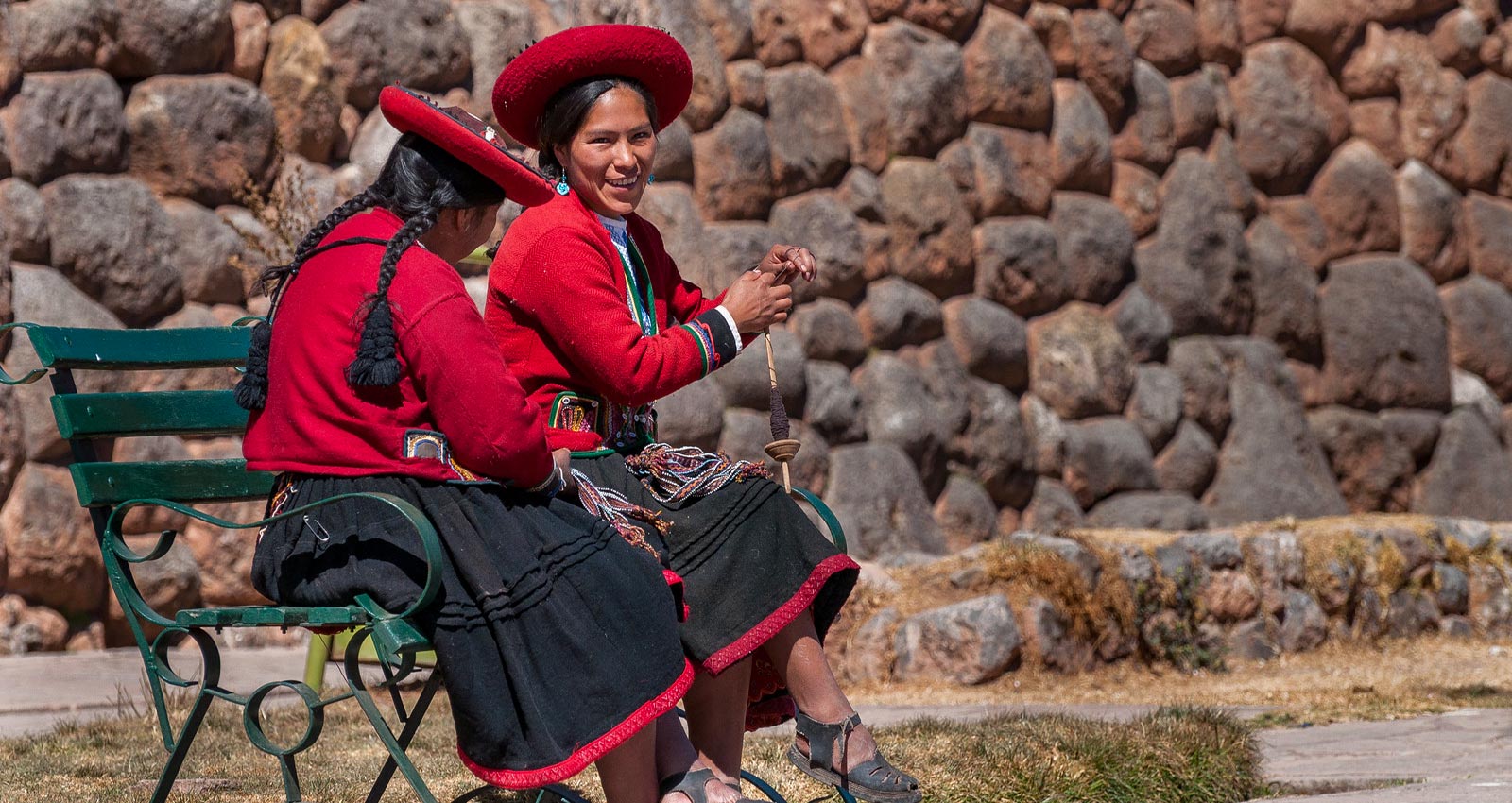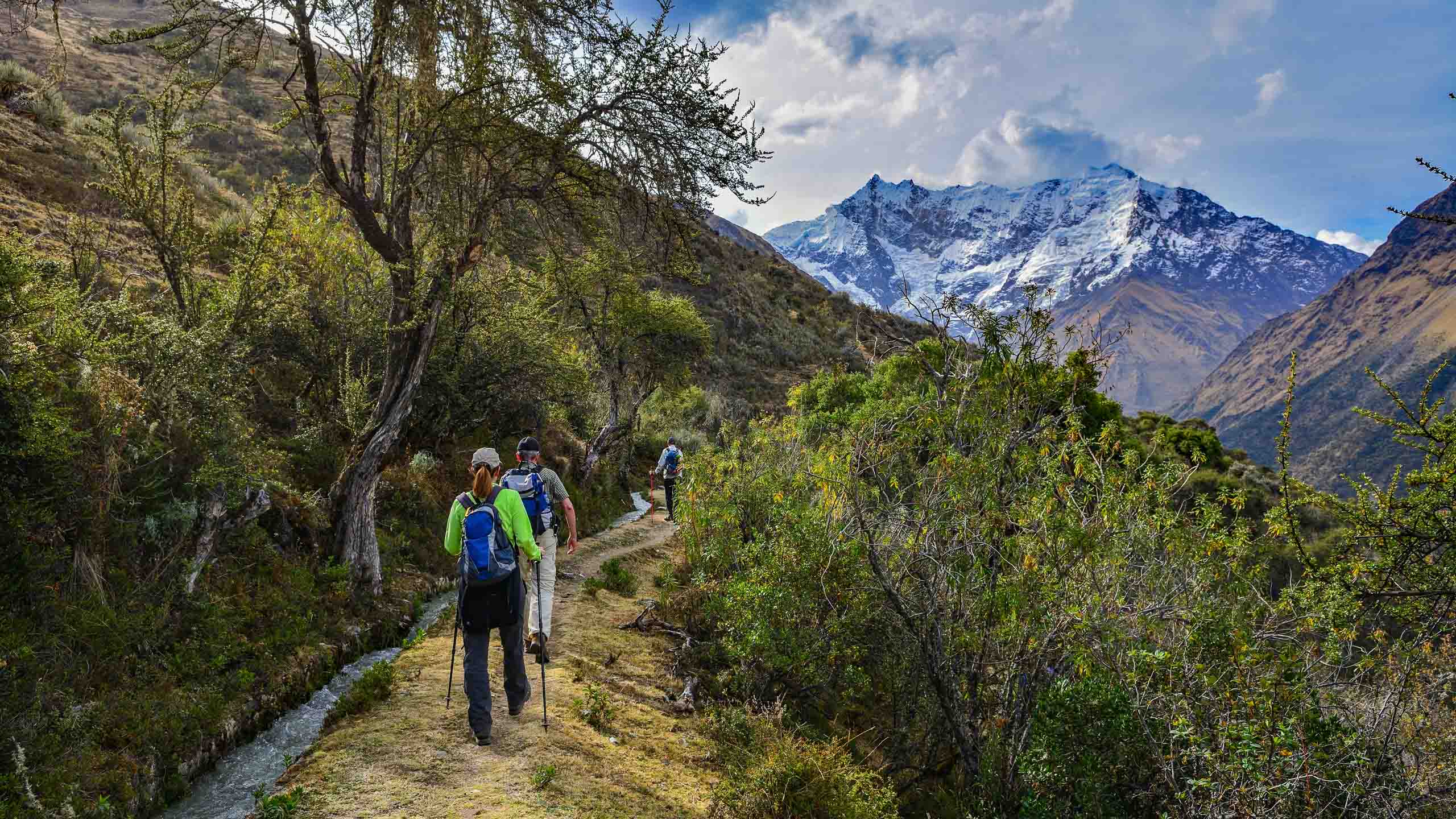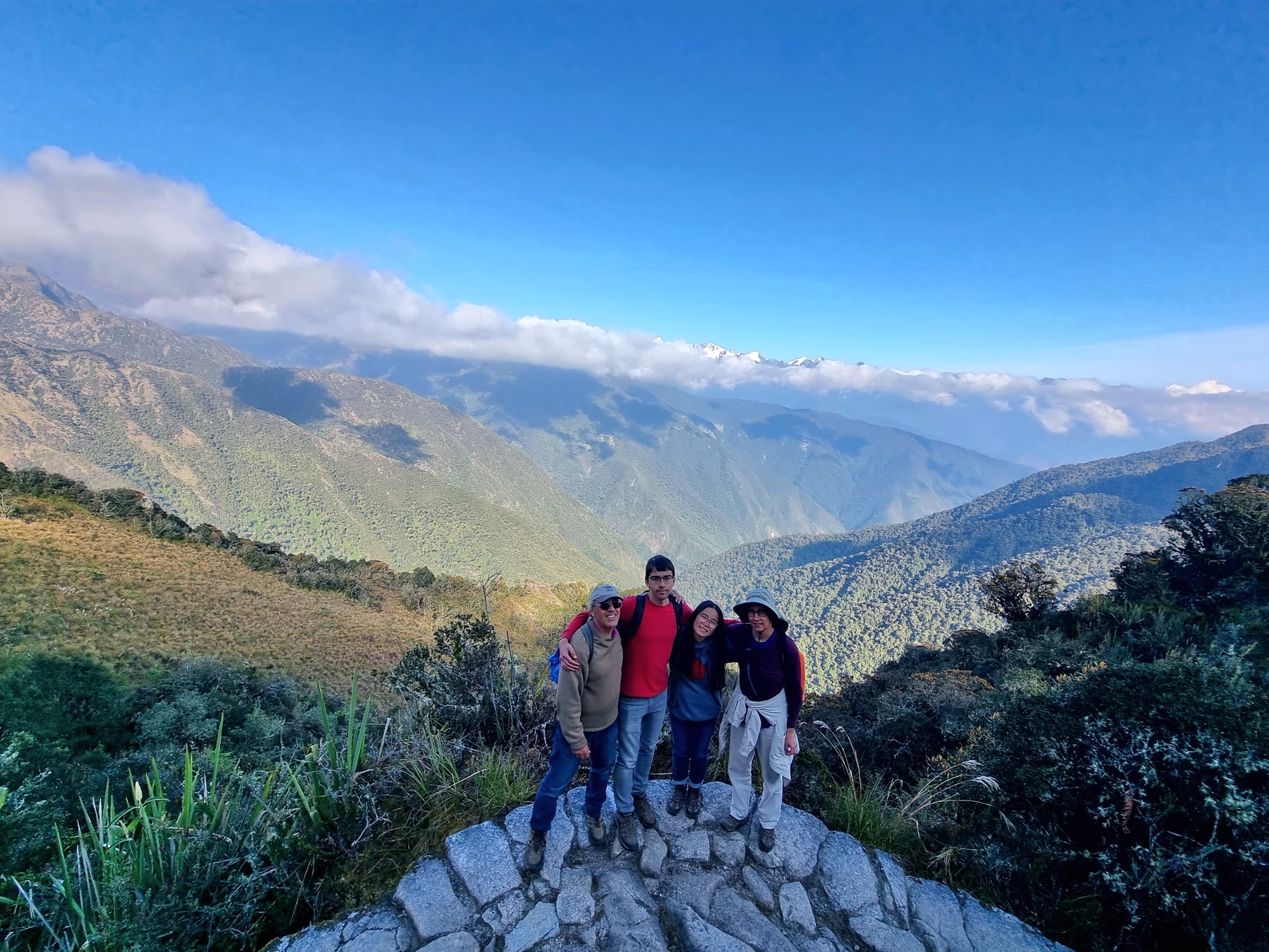Travelling to Peru will be one of the most rewarding experiences of your life. You may have saved your pennies for a long time and are super excited to experience all that Peru has to offer. But what you will see and experience is not all you need to think about. Of course, you need to book all your flights, tours and accommodation to ensure your trip runs smoothly, also have you thought about what you need to take to Peru, But let’s not forget about your health and safety.
For those of you who have traveled to far off exotic destinations you will know that keeping safe is a priority for a successful vacation. Always be alert when traveling with your belongings and remember where you are at all times. Health is another major priority on your travels. When traveling to Peru and other South American country, the subject of vaccinations should be discussed with your medical practitioner or local Travel Medical Center.
Here are the vaccines that are recommended for travel to Peru from The National Travel Health Network of the United Kingdom and The World Health Organization
The list below includes the name of the Virus, Causes and a brief description.
Hepatitis A
Hepatitis A is a virus affecting the liver. It usually spreads through contaminated food or water. Unlike other forms of hepatitis, it cannot become a chronic infection. Symptoms often appear two to six weeks after exposure. This means a traveler can visit a country and return not knowing they’re infected.
Some common hepatitis A symptoms include:
- Fatigue
- Low Apetite
- Stomach Pain and Nausea
- Jaundice
These will persist for a few weeks, severe cases can last months.
Hepatitis B
- Cause Blood and Body Fluids
Hepatitis B is a contagious liver infection with potentially severe symptoms. It can lead to lifelong illness if it becomes chronic.
The two most common forms of hepatitis B are:
- Acute Hepatitis B – A short-term illness occurring 6 months after exposure. It can lead to chronic hepatitis infection.
- Chronic Hepatitis B – A long-term illness that affects the liver. Nearly 250 million people worldwide have chronic infection.
Tetnus
- Cause Wounds or Breaks in Skin
Unlike most other infections, tetanus enters the body through breaks in the skin. This is most often cuts or wounds made by contaminated objects.
Symptoms can be severe and include: jaw cramping, muscle spasms and changes in blood pressure or heart rate. Infection can lead to serious complications such as broken bones, blood clots or respiratory failure.
Vaccination has played a role in reducing annual cases around the world.
Typhoid
Typhoid fever is a bacterial infection transmitted by ingesting food and water that is contaminated with Salmonella typhi. Humans are the sole carriers of the bacteria, and conditions such as poor sanitation, overcrowding, can lead to an increased spread of the infection. The symptoms of typhoid fever usually come on six to 30 days following exposure, and can range from high fever to abdominal pain and headaches. There are a number of first-line antibiotics to treat typhoid fever, including ceftriaxone.
The best method to prevent contraction of typhoid is through vaccination, private hygiene, better hand washing techniques, and precautionary measures taken when preparing food and drinking water.
Yellow Fever
Yellow fever is a virus that many individuals know little about because its rarity in the Western world. Nearly all cases in developed nations can be attributed to travelers that were not vaccinated against the disease and were infected.
Yellow fever is a virus that is transmitted by infected mosquitos. You contract the virus when bitten and it can take three to six days for it to show symptoms.
The majority of those infected with yellow fever will show no symptoms or only experience minor illness. However, symptoms can include fever, chills, severe headache, nausea, and in severe cases jaundice, bleeding or even organ failure.
How long does it take to contract yellow fever? It can potentially happen as soon as you arrive at your destination if you are not vaccinated. Unlike other diseases that require contact with others, all yellow fever needs are a mosquito to infect you.
There is no specific treatment for yellow fever, only supportive or preventive care, like vaccination.
Rabies
- Cause Saliva of Infected Animals
Rabies is a virus transmitted by infected animals. The majority of cases are from wild animals. But some developing countries see rabies spread by strays and even domestic animals. The virus is nearly always fatal once symptoms are present.
If you have been bitten by an animal seek immediate medical attention.
Symptoms can take weeks or months to start showing. These can include:
- General weakness or discomfort
- Prickling or itching sensation around the bite
- Late stage – delirium, abnormal behavior and hallucinations
Rabies vaccination is the best way to prevent the virus.
Covid 19
There are no current travel restrictions to enter Peru for Covid 19, however you should be up to date on all of your vaccines for Covid 19 to protect yourself against the virus. It is always a good idea to have with an up-to-date digital vaccination certificate. It is always advised to use a mask and use hand sanitizer.
Returning to your home country after traveling to Peru.
Please check with your government as to what you need when you return, some countries require a Yellow Fever vaccination certificate on arrival, especially if you have visited the jungle regions of South America.
Please be advised that we are not medical professionals and the advice above is from the WHO and The National Travel Health Network of the United Kingdom, we are in no way to be held responsible for the said advice.
See all of you tours to Machu Picchu above!













